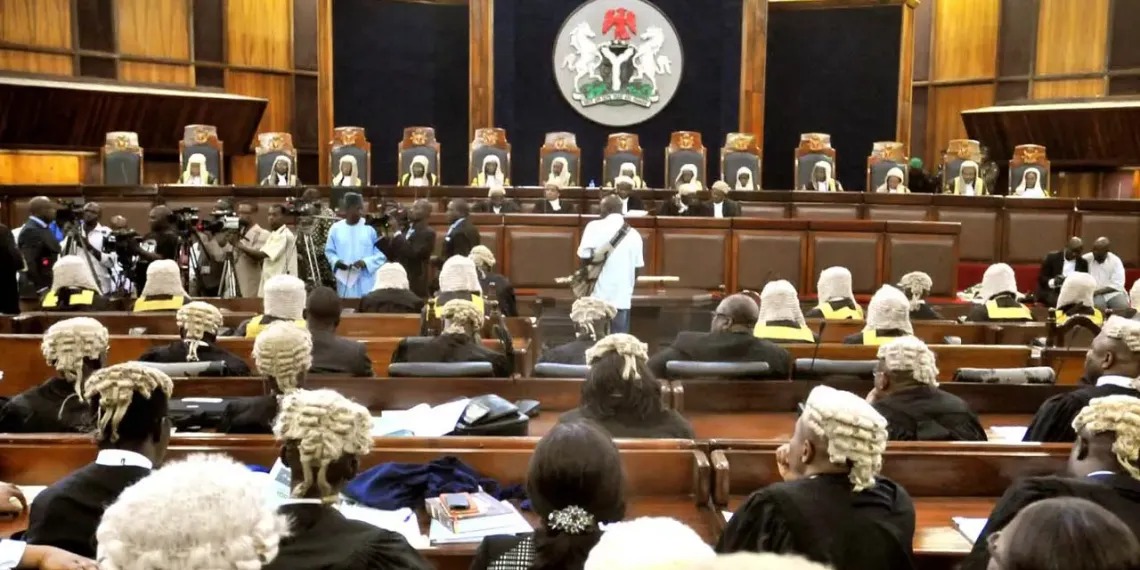
In a landmark ruling, the Supreme Court of Nigeria has affirmed the financial autonomy of the country’s 774 local governments. This unanimous decision by a seven-member panel strengthens the independence of local governments, ensuring they receive their allocations directly from the Accountant-General of the Federation, bypassing state governments.
Empowering Local Governments
Delivering the lead judgment, Justice Emmanuel Agim declared that local governments would start receiving their allocations directly from Thursday. This decision marks a significant shift in Nigeria’s governance structure, aiming to enhance the financial independence and operational efficiency of the local governments.
The local government is Nigeria’s third tier of government, responsible for governance closest to the grassroots. For over two decades, however, many local governments have struggled due to state governors seizing their federal allocations and only releasing minimal funds, which has hampered local administration.
State Governors’ Control Overturned
The Supreme Court’s ruling dismantles the long-standing control state governors have had over local governments. This control included the arbitrary dissolution of elected local government executives and significant influence over state electoral commissions, often leading to near-total victories for governors’ political parties in local elections.
Justice Agim emphasized that the Supreme Court’s decision is aimed at repositioning local government administration, making them more autonomous and accountable. The court rejected the state governments’ objections and upheld the Attorney-General of the Federation’s right to institute the suit, asserting its original jurisdiction as the court of first instance.
Implications and Future Prospects
This historic ruling is expected to bring substantial changes to local governance in Nigeria. By ensuring direct financial allocations, local governments can better manage their resources and address local needs effectively. Additionally, the decision has reignited calls for the Independent National Electoral Commission (INEC) to take over the responsibility of conducting local government elections, further reducing the influence of state governors.
As the local governments begin to receive their allocations directly, stakeholders across the nation are optimistic that this will lead to more robust local governance, improved service delivery, and increased development at the grassroots level.
Ongoing Developments
The Supreme Court’s judgment is set to reshape the landscape of local governance in Nigeria significantly. The coming weeks will be crucial in observing how the new financial autonomy impacts local governments and how state governments respond to this shift in power dynamics.
For more updates on this developing story, stay tuned.





Your article helped me a lot, is there any more related content? Thanks!
Can you be more specific about the content of your article? After reading it, I still have some doubts. Hope you can help me.